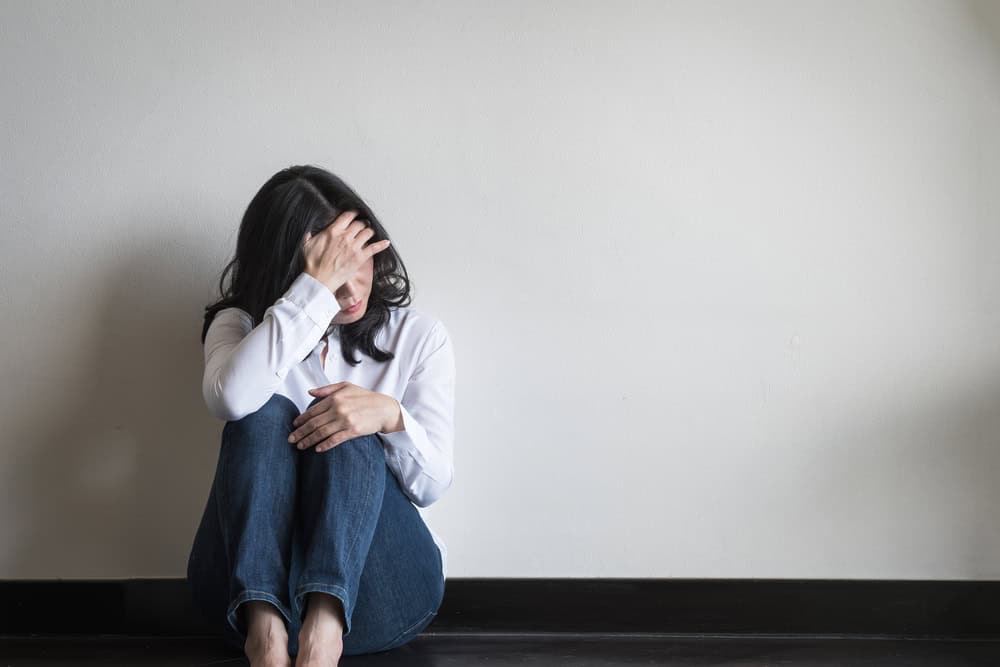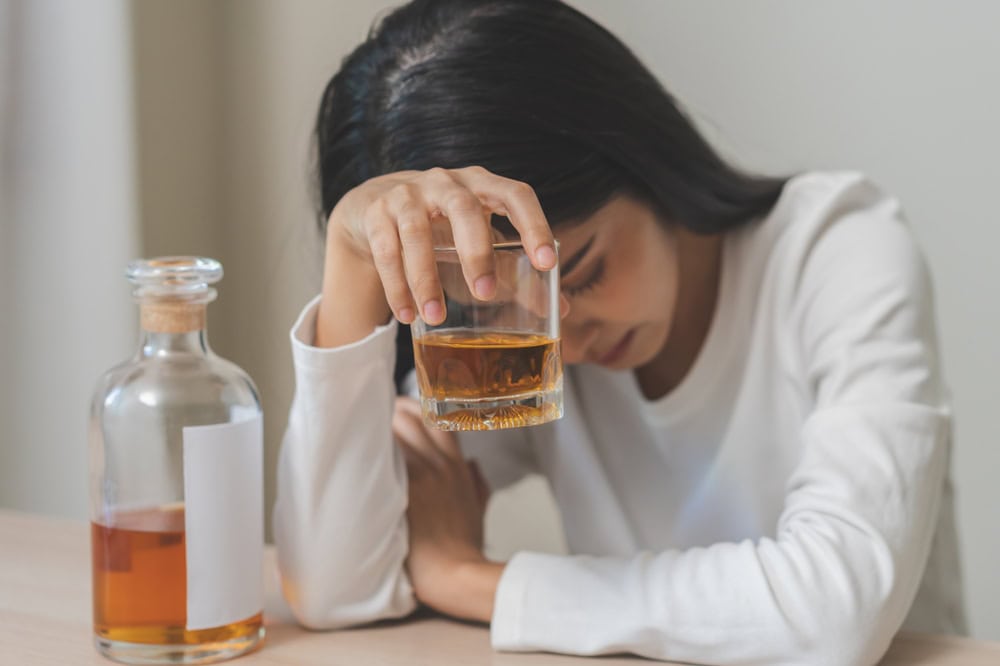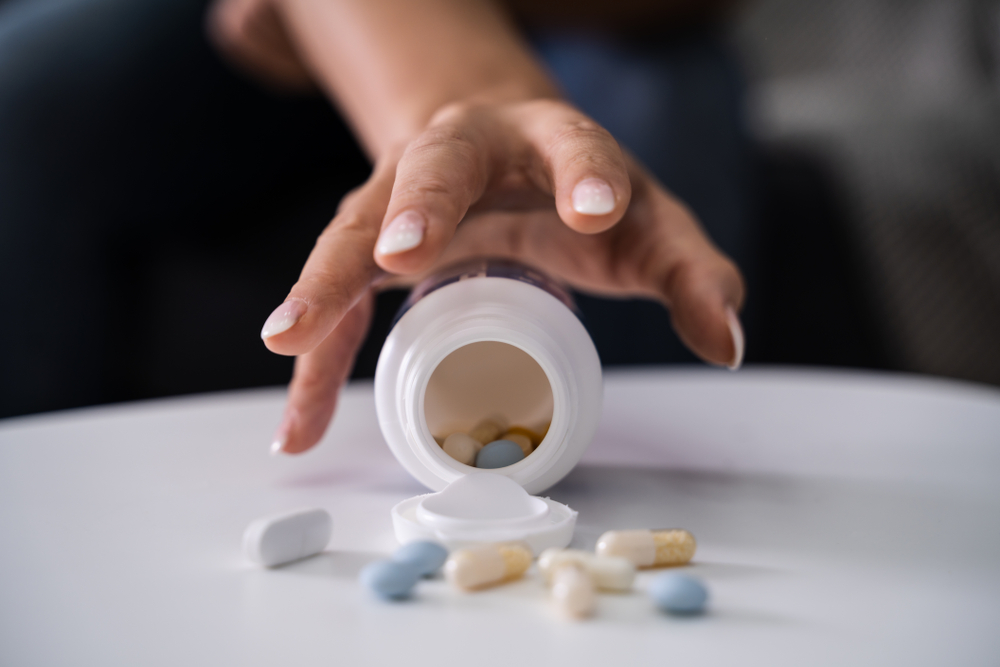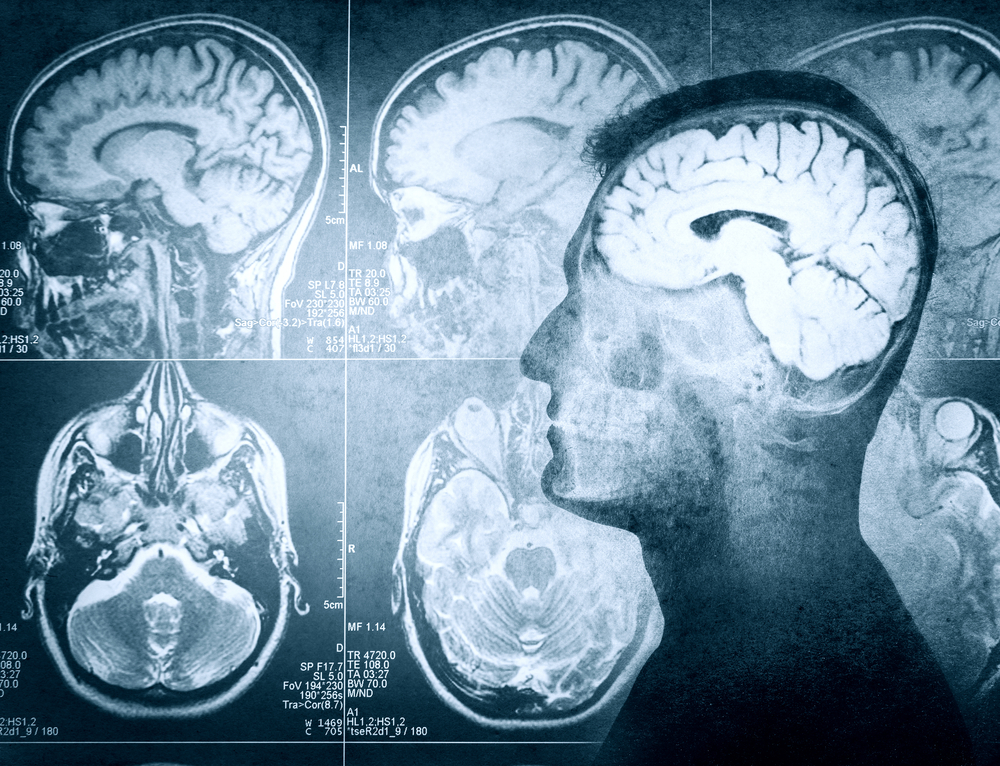Is It Normal to Feel Depressed After Quitting Drugs or Alcohol?
If you’ve recently stopped using drugs or alcohol and now feel waves of sadness, hopelessness, or emptiness, you may be wondering: Is this normal? The simple answer is, yes. For many people in recovery, depression can show up after quitting substances. It may feel confusing, especially if you expected sobriety to bring some sort of instant relief. But what you’re experiencing is a common stage of recovery that happens often, but will improve over time.
The shift into sobriety involves more than just physical withdrawal. Your brain, body, and emotions are all recalibrating after months or years of substance use. This adjustment period can trigger symptoms of depression, mood swings, or even feelings that resemble major depressive disorder. While the experience can be difficult, it’s essential to know that it doesn’t mean you’re failing at recovery. It means your brain and your body are actually healing.
Why Depression After Quitting Drugs or Alcohol Happens
Depression in recovery has biological, psychological, and emotional roots. Understanding why it happens can make the process less frightening.
Post-Acute Withdrawal Syndrome (PAWS)
In early sobriety, the most obvious hurdles are physical withdrawal symptoms: shaking, sweating, cravings, or fatigue. But for many people, the deeper challenge begins later with post-acute withdrawal syndrome.

PAWS refers to a set of psychological and emotional symptoms that can appear weeks or even months after quitting drugs or alcohol. Common signs include:
- Low mood or sadness
- Irritability and frustration
- Anxiety or panic
- Trouble concentrating
- Fatigue and disrupted sleep
- Lack of motivation
These are the result of your brain’s chemistry starting to adjust to a life without substances.
Brain Chemistry and Emotional Regulation
Drugs and alcohol hijack the brain’s reward system. Substances like opioids, alcohol, or stimulants flood your brain with dopamine and serotonin, neurotransmitters that regulate mood, motivation, and pleasure. Over time, your brain produces less of these chemicals naturally because it’s grown dependent on substances to create balance.
When you quit, your brain chemistry struggles to regulate itself. This chemical imbalance often feels like depression, hopelessness, or even apathy. As your brain slowly rebalances, these feelings tend to lessen.
Symptoms of Depression in Recovery
It’s essential to recognize what you’re feeling and name it accurately. While mood swings and sadness are normal in recovery, sometimes symptoms signal major depressive disorder or another mood disorders that may require their own special form of treatment.
Common symptoms of depression include:
- Persistent sadness or emptiness
- Loss of interest in daily activities
- Feelings of guilt or worthlessness
- Changes in appetite or weight
- Difficulty sleeping or oversleeping
- Fatigue or loss of energy
- Trouble concentrating or making decisions
- Suicidal thoughts
If you notice these symptoms persisting or intensifying, it may point to more than just withdrawal. This is where professional help becomes crucial.
Dual Diagnosis: When Depression and Substance Use Overlap
Many people who struggle with a substance use disorder also live with underlying mental health issues. This is known as dual diagnosis. For example, someone with untreated depression or anxiety may have used drugs or alcohol to self-medicate. Once they stop using, those mental health issues often resurface.
Addressing only the substance use without treating the mood disorder can leave someone vulnerable to relapse. That’s why a comprehensive addiction treatment program often includes screening for co-occurring mood disorders and providing integrated care.

Coping Strategies That Help With Depression in Recovery
While it’s normal to feel low after quitting drugs or alcohol, there are practical steps you can take to support your mental health during this stage.
1. Therapy and Counseling
Speaking with a licensed therapist helps you process emotions and develop healthier coping tools. Cognitive-behavioral therapy (CBT), for example, is an evidence-based approach that helps with emotional regulation, identifying potential relapse triggers, and reducing symptoms of depression.
2. Support Groups
Isolation can worsen feelings of sadness. Groups like Alcoholics Anonymous (AA), Narcotics Anonymous (NA), or other peer support communities create a sense of belonging. Hearing others share their stories can remind you that you’re not alone in these struggles.
3. Exercise
Movement is powerful for the brain. Regular exercise boosts dopamine and serotonin naturally, supporting mood regulation and reducing cravings. Even light daily activities like walking or yoga can make a significant difference.
4. Nutrition and Sleep
Proper sleep and balanced nutrition are often overlooked but essential for recovery. Sleep disruption is common after quitting drugs, and it can intensify depression. Creating a bedtime routine, limiting caffeine, and eating whole foods can support your mood and give you more energy.
5. Daily Structure
Depression thrives in chaos or inactivity. Building a schedule with meaningful daily activities, whether work, volunteering, or hobbies, gives your brain a rhythm and sense of purpose. Even small steps matter.
When to Seek Professional Help
While feelings of sadness after quitting are common, there are times when reaching out for help is critical. Seek immediate professional support if you experience:
- Intense or prolonged symptoms of depression
- Inability to manage daily life
- Thoughts of self-harm or suicidal thoughts
- Severe anxiety or panic attacks
Professional treatment for depression may involve therapy, medication, or both. A medical provider can determine if you’re experiencing major depressive disorder or another mood disorder and recommend the best treatment options.

Treatment Options for Depression in Recovery
Recovery is not one-size-fits-all. Today, there are multiple evidence-based treatment options that can help stabilize mood while supporting sobriety.
- Integrated care: Treating substance use disorder and mental health issues together.
- Medication-assisted treatment (MAT): For some people, antidepressants or other medications may help restore brain chemistry.
- Behavioral therapies: CBT, dialectical behavior therapy (DBT), and trauma-informed care help improve coping and emotional regulation.
- Personalized care: A treatment plan tailored to your unique needs, history, and goals is always the most effective.
Remember: It Gets Better
Here’s the most important truth to hold onto: the depression you feel after quitting drugs or alcohol does not last forever. Your brain has remarkable healing power. Over time, neurotransmitters rebalance, emotional stability returns, and joy becomes possible again, without substances.
Every day you remain sober, your body and mind take another step toward healing. While progress may feel slow at first, just know that recovery is happening beneath the surface. Many people who once felt hopeless in early sobriety now live full, rewarding lives in long-term recovery.
Moving Forward With Hope
If you’re struggling with depression after quitting, know that you are not broken. What you’re going through is a normal response to withdrawal symptoms, brain chemistry shifts, and the challenges of early sobriety.
Still, you don’t have to go through this alone. Professional support makes recovery safer, smoother, and more sustainable. At More Than Rehab, we provide comprehensive addiction treatment that addresses both substance use disorders and co-occurring mood disorders. With personalized care, evidence-based therapies, and a supportive community, you can find lasting stability and healing.
























